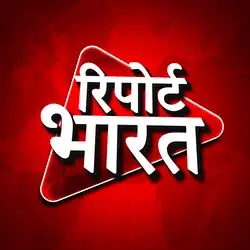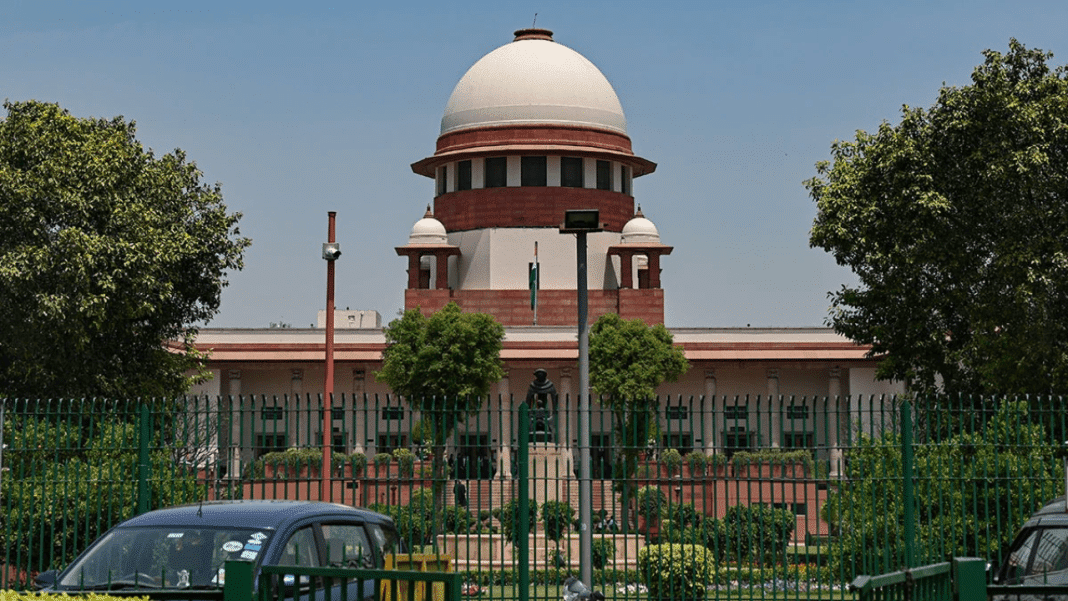Recently, the Supreme Court has expressed concern over the freebie schemes running in Delhi and several other states. This raises an important question—can these free schemes be stopped by the Supreme Court’s order? Let’s find out.
Table of Contents
Supreme Court’s Concerns Over Free Schemes
The Supreme Court has raised serious concerns about the freebie culture in various states, stating that such schemes discourage people from working and pose a threat to economic growth. Given this, a major question arises—will free schemes in the national capital, Delhi, come to an end following the Supreme Court’s orders? Let’s take a look at the legal aspects.
AAP’s Free Schemes Under Scrutiny
The Bharatiya Janata Party (BJP) has recently made a comeback in Delhi after 1998, replacing the Aam Aadmi Party (AAP), which had been in power for the last 10 years. AAP’s free schemes, including free electricity and water, have been a major highlight of their governance. However, the Supreme Court has now raised concerns over these schemes and their long-term impact.
Freebies Affecting India’s Economy – Supreme Court
The Supreme Court has categorized these freebie schemes as harmful to the country’s economy. According to the court, these schemes are reducing people’s willingness to work. Additionally, states like Delhi, Karnataka, Maharashtra, and Himachal Pradesh have been spending extensively on freebies, which is negatively impacting the country’s financial health and economic growth.
How Much Is Spent on Free Schemes?
If we calculate the total expenditure on free schemes across the country, the figures are staggering. Reports indicate that over ₹2 lakh crore is being spent just on distributing free ration. Similarly, the PM Kisan Yojana alone costs over ₹75,000 crore per month. In Delhi, free water and electricity schemes alone account for more than ₹1 lakh crore. Free bus travel for women has further resulted in a loss of ₹20,000 crore. Additionally, various women-centric welfare schemes in multiple states have led to an expenditure exceeding ₹3 lakh crore.
Can the SC Stop These Free Schemes?
The critical question is—does the SC have the authority to ban these schemes? Legally speaking, the answer is yes. As the highest judicial authority in the country, the Supreme Court has the power to intervene if these schemes are seen as harming the country’s financial system. Given the adverse impact on the economy, the court can order restrictions on such schemes. Moreover, the Supreme Court can direct the central and state governments to introduce new laws regulating these policies. Under the Constitution, the Supreme Court holds the ultimate authority to issue any necessary orders for the country’s welfare.





